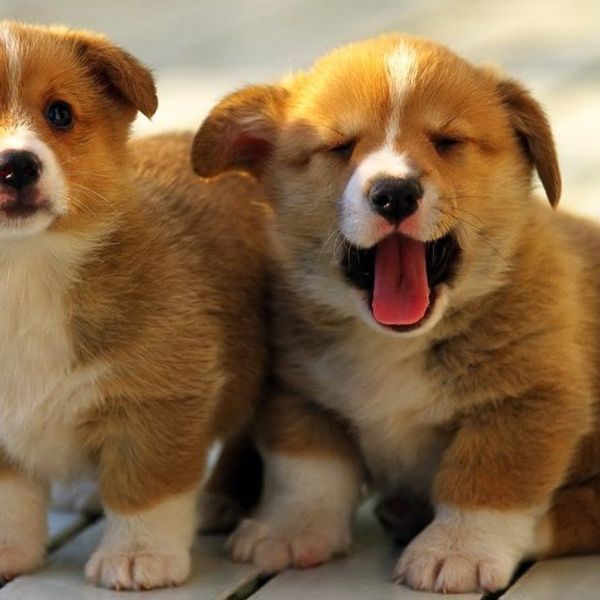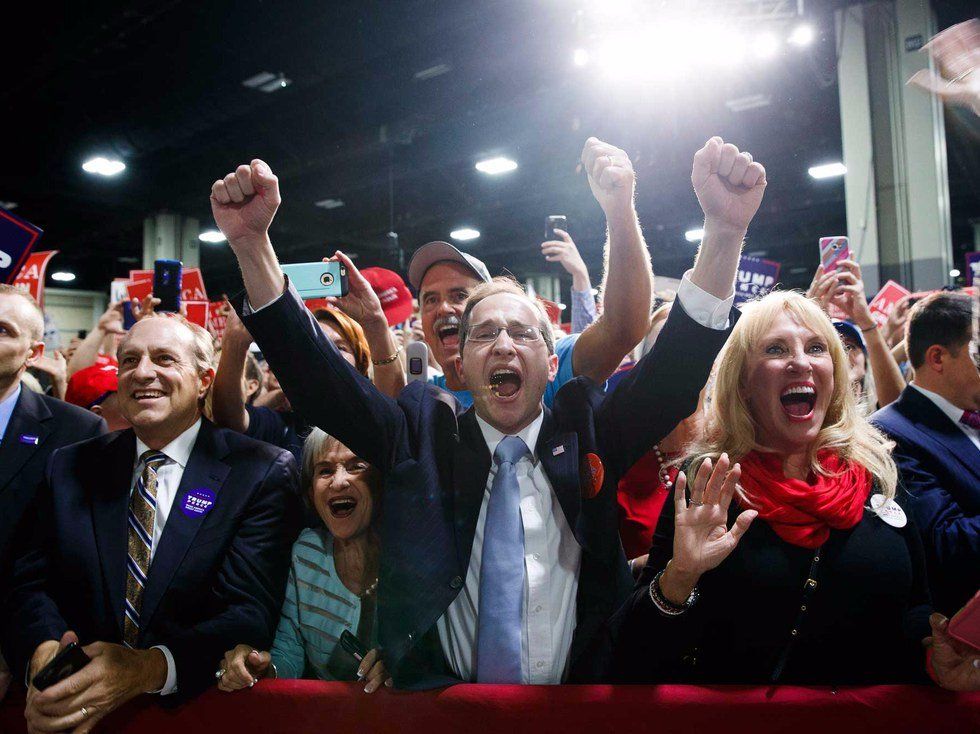When I was a junior in high school, we had a presidential election. Of course, the question of the year was "who are you voting for?" Like we were of age. We couldn't vote, but our teachers could. And I'm sure they did. The thing is, they didn't--and couldn't--tell us who it was they voted for. I wasn't even entirely sure who my parents favored for most of the elections I've lived through.
Now, with social media, and specifically image-based social media on the rise, that attitude has somewhat changed. Given that I am at a college out of my voting state, and that most students here are using absentee ballots for this election, a lot of the voting has already been done. Again, given that I am at a college where most students have absentee ballots, and the voting has already been done, a lot of the voting was documented by Snapchat, Instagram, Twitter--you name it. However, I'd be willing to bet that you've noticed it too--celebrities are posting things with hashtags indicating support of one candidate or another, and nearly everyone has that one family member who loves to post political memes and rants to Facebook.
The rise of social media hasn't only changed how much we share about the election, it makes sharing as a whole easier, and it also makes oversharing a LOT easier. Since there's a flood of posts going by, having the most shocking blast would get you the most likes--so, naturally, it went from a post about an election platform, clearly stated support, to a shot of that bubble sheet that asks you to fill it in alone up top. That kind of oversharing seems harmless when it's just that one friend who won't stop posting pictures of their baby, but when it's election season, what you post could mean a whole lot more, and could change the way someone around you votes. Of course, many people post these politically charged things in order to influence others, but the skepticism should come from the legitimacy of their information. Social media outlets make it really easy to spread information that isn't actually reputable.
Something to consider beyond reputable, however, is appropriate. When things that are intentionally kept on the down low are being posted, there's a new kind of pressure on other users to up their sharing content. And when someone is pressured into doing something, however subconsciously, there will be regret.
I am not here to tell you that you should not have proudly posted that picture of that filled in bubble--I'm not even telling you to stop using those election hashtags--with the exception of ones that actively seek to hurt people.I'm just here to look at how strongly we all egged each other on, to a point that is somewhat encroaching on a once very private world. And maybe remind anyone who isn't sure about hitting that "share" button that they don't need to post their ballot just for ten more likes on a post.





















